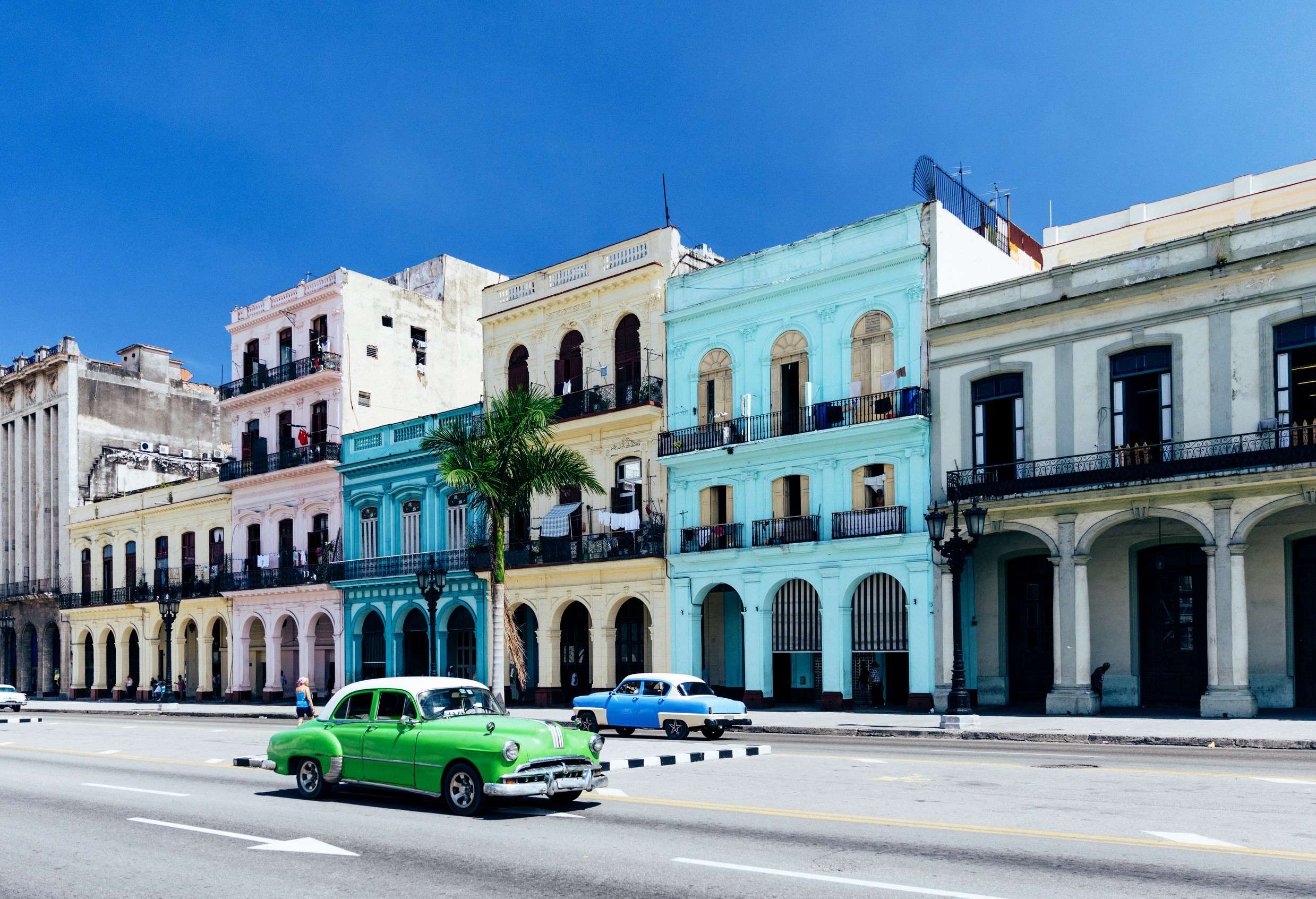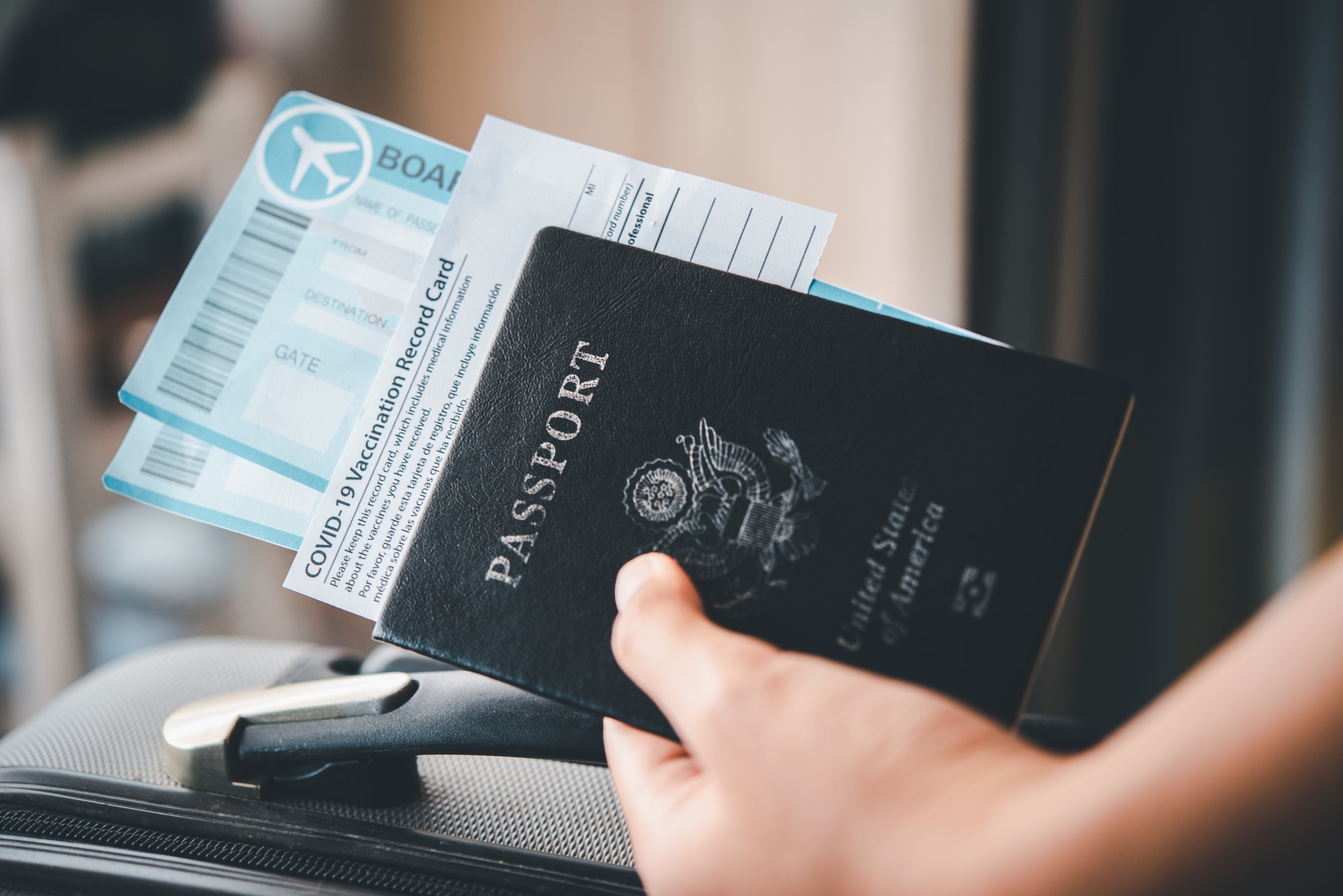
Cuba is a popular tourist destination known for its beautiful beaches, historic architecture, and vibrant culture. If you're planning to visit Cuba, you may need to obtain a visa before your trip. The requirements for a Cuba visa vary depending on your country of citizenship and the purpose of your visit.
First, it's important to note that U.S. citizens are generally prohibited from traveling to Cuba for tourist activities. However, there are some exceptions to this rule, such as travel for educational, cultural, or religious purposes. If you're a U.S. citizen and you're planning to travel to Cuba under one of these exceptions, you'll need to apply for a specific type of visa known as a "general license."
For citizens of other countries, the requirements for a Cuba visa may vary. In many cases, you can obtain a tourist visa through a Cuban embassy or consulate in your home country. You may also be able to obtain a visa through a travel agency or tour operator that specializes in trips to Cuba.
In general, the documents required for a Cuba visa application may include:
- A valid passport with at least six months of validity remaining.
- A completed visa application form.
- A copy of your travel itinerary, including details about your accommodations and return travel.
- Proof of travel insurance that covers medical expenses, emergency medical evacuation, and repatriation of remains.
- A visa fee, which varies depending on your country of citizenship and the type of visa you're applying for.
Depending on the purpose of your visit, you may also need to provide additional documentation. For example, if you're traveling to Cuba for business purposes, you may need to provide a letter of invitation from a Cuban company or organization. If you're traveling to Cuba for educational purposes, you may need to provide a letter of enrollment from a school or university.
It's important to check the specific requirements for a Cuba visa based on your country of citizenship and the purpose of your visit. Some countries may have different requirements or visa application procedures. By ensuring that you have all the necessary documents and information, you can help ensure a smooth and hassle-free trip to Cuba.
What Documents Do I Need to Collect for a Visa to Cuba?

If you plan to visit Cuba, you will need to obtain a visa before you depart. The exact documentation required may vary depending on the type of visa you are applying for, but the following documents are generally required:
When applying for a visa to enter Australia, it is important to understand the necessary documents required to ensure a smooth application process. The required documents will vary depending on the type of visa being applied for and the applicant's individual circumstances. However, the following is a general list of documents typically required for most visa applications:
Passport: A valid passport is required for all visa applications. The passport must be valid for at least six months beyond the intended period of stay in Australia.
Visa Form: A completed visa application form must be submitted along with the necessary supporting documents.
Paid Visa Fee: All visa applicants are required to pay a visa application fee. The fee amount will depend on the type of visa being applied for.
One Identity Picture: One recent passport-size photograph is required. The photograph should be taken within the past six months and should be in color.
National Identity Card: A national identity card or other form of identification may be required depending on the visa type and the applicant's country of origin.
Police Certificate: A police certificate may be required for certain types of visas, such as a student visa or a work visa. The police certificate should be obtained from the applicant's country of origin or any country in which the applicant has lived for a significant period of time.
Family Certificates: Proof of family relationships, such as marriage certificates or birth certificates, may be required for certain types of visas.
Evidence of Financial Means: Applicants may be required to provide evidence of their financial means to support their stay in Australia. This may include bank statements, employment letters, or other financial documents.
Health Insurance: Applicants may be required to provide evidence of health insurance coverage for the duration of their stay in Australia.
Authorised Recipient Form: Applicants may be required to complete an authorised recipient form if they wish for someone else to receive their visa decision.
Evidence of Temporary Stay: Applicants may be required to provide evidence of their temporary stay in Australia, such as a detailed itinerary or travel plans.
Accommodation Reservations: Applicants may be required to provide evidence of their accommodation arrangements in Australia, such as hotel reservations or rental agreements.
Employer Permission Letter: Applicants applying for a work visa may be required to provide a letter of permission from their employer.
Invitation Letter: Applicants may be required to provide an invitation letter from an Australian citizen or permanent resident if they are visiting for social or tourist purposes.
In addition to the above documents, applicants may be required to undergo medical examinations or provide additional information depending on their individual circumstances and the type of visa being applied for. It is important to carefully review the requirements for the specific visa being applied for and ensure that all necessary documents are included in the application. Failure to provide all required documents may result in delays or even rejection of the visa application.
Cuba Visa Documents Guidelines
If you're planning to travel to Cuba, you'll need to obtain a visa before your trip. One important thing to keep in mind is that all the documents you submit for your Cuba visa application have to be in Spanish. If they are not, you'll need to have them translated by a sworn translator. This is to ensure that the Cuban authorities can read and understand the information provided in the documents.
It's important to note that the translation needs to be certified by a sworn translator who is recognized by the authorities. You should check with your local authorities or the Cuban Consulate in your country to find a certified translator. The translator will need to sign and stamp each translated document, certifying that the translation is accurate and complete.
In addition to the translation requirement, all the documents you submit (both the original and the translation) must be legalized by the competent authorities in your country, such as a notary public or a government office. Once legalized, they will need to be presented to the Cuban Consulate in your country for further legalization. This process is known as consular legalization and ensures that the documents are recognized as valid by the Cuban authorities.
It's important to note that the requirements for obtaining a Cuba visa can vary depending on your country of origin and the type of visa you are applying for. Therefore, it's essential to check the specific requirements before applying to avoid any delays or issues with your visa application.
Overall, obtaining a Cuba visa can be a complicated process, but by following the guidelines and ensuring that all the necessary documents are in order, you can increase your chances of a successful application and a hassle-free trip to Cuba.
FAQ
Yes, visitors to Cuba typically require a visa, with the exception of travelers from some countries, such as Mexico, who can enter Cuba without a visa for a limited period.
The documents required to obtain a Cuba visa may vary depending on the type of visa you are applying for, but typically, you will need a valid passport, a visa application form, two passport-sized photographs, travel itinerary, travel insurance, financial documentation, and authorization/invitation letters, if applicable.
You can obtain a Cuba visa through the Cuban Embassy or Consulate in your home country, or through a travel agency that specializes in Cuban travel. Some airlines also provide visa services for their passengers.
The processing time for a Cuba visa varies depending on the Embassy or Consulate in your country. In some cases, it may take up to several weeks to process the visa application, so it's important to plan ahead and apply well in advance of your travel dates.
The cost of a Cuba visa may vary depending on your country of origin and the type of visa you are applying for. Typically, the cost ranges from $20 to $100 USD.
In some cases, travelers may be required to provide a criminal background check, particularly if they are applying for a long-term visa or for certain types of visas, such as work or study visas. It's important to check the specific requirements for your visa type.


To help us improve